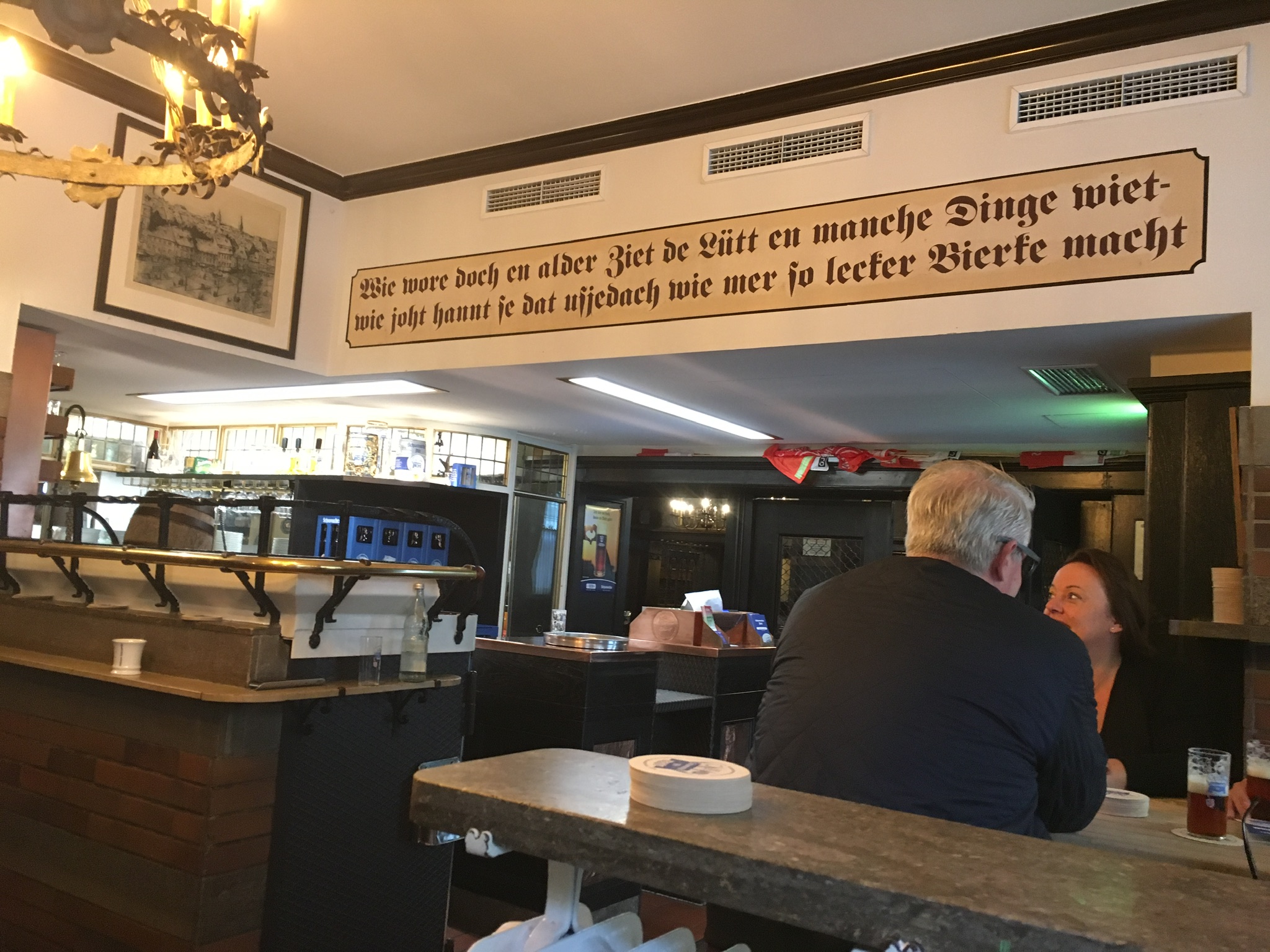rmr9
Well-Known Member
A few years back I visited the altstadt in Düsseldorf and visited all of the brewpubs there that I could. I was taking a stroll down memory lane this morning and saw this picture I took in the Schumacher brewery…anyone have any idea what it says? I have a hard time reading the old script style German, and I’m also not sure if it’s in high German or the local dialect. Part of time thinks it would be cool to stencil it on the wall in my home bar, but I don’t want to be like the guy who gets a tattoo in another language but has no idea what it says.
Any thoughts?

Any thoughts?





















































![Craft A Brew - Safale BE-256 Yeast - Fermentis - Belgian Ale Dry Yeast - For Belgian & Strong Ales - Ingredients for Home Brewing - Beer Making Supplies - [3 Pack]](https://m.media-amazon.com/images/I/51bcKEwQmWL._SL500_.jpg)





